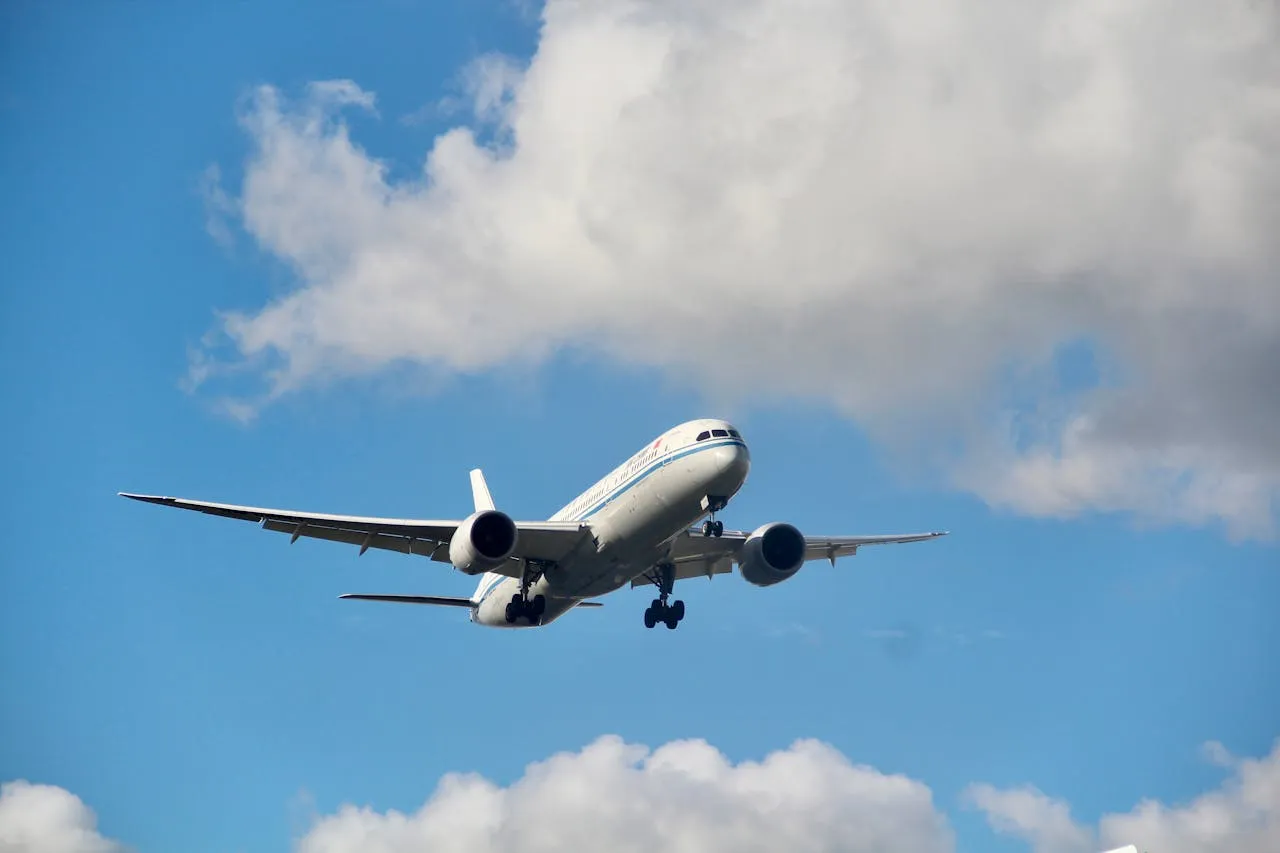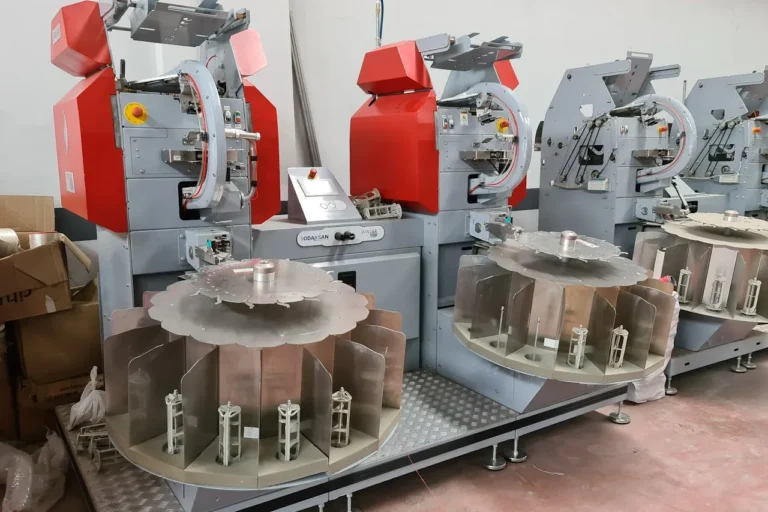
Turkish Airlines Places Landmark Order for Boeing 787 Dreamliners and 737 MAX Jets
Boeing and Turkish Airlines announced a historic fleet expansion agreement, marking the largest Boeing widebody purchase in the airline’s history. The flag carrier of Türkiye has placed a firm order for up to 75 Boeing 787 Dreamliners, underscoring its ambition to strengthen its global presence and modernize its operations.
The new order includes 35 units of the 787-9 model, 15 of the larger 787-10, and purchase rights for 25 additional Dreamliners. Together, these acquisitions will play a central role in Turkish Airlines’ long-term fleet growth strategy while also supporting more than 123,000 jobs across the United States, thanks to Boeing’s extensive supply chain.
In addition to the Dreamliner order, Turkish Airlines has also declared its intent to acquire as many as 150 new 737 MAX aircraft. Once finalized, this would become the carrier’s largest single-aisle order from Boeing, cementing its status as one of the manufacturer’s most significant global customers. Taken together, the 787 and 737 MAX commitments are expected to double Turkish Airlines’ Boeing fleet size, reflecting the airline’s ambitious plans to expand capacity and reach new destinations.
Supporting Turkish Airlines’ 2033 Vision
Speaking on the announcement, Prof. Ahmet Bolat, Chairman of the Board and the Executive Committee at Turkish Airlines, described the deal as transformative:
This landmark agreement represents much more than a fleet growth. It is a reflection of our leadership in the industry as well as our dedication to innovation and operational excellence. The addition of these advanced Boeing aircraft to our fleet will not only enhance our operational capabilities but also become a significant element supporting Turkish Airlines’ 2033 Vision of expanding our fleet to 800 aircraft.”
With one of the most extensive global networks of any airline, Turkish Airlines currently operates more than 200 Boeing aircraft, including the 787-9, 777, 737 MAX, Next-Generation 737, and 777 Freighter models. The latest deal will significantly strengthen this diverse fleet mix.
Expanding Capacity with the 787-10
The addition of the 787-10 variant brings notable advantages. Known for its longer fuselage, the model offers increased passenger and cargo capacity while maintaining impressive fuel efficiency. For Turkish Airlines, this makes it an ideal aircraft to serve high-demand international routes connecting Istanbul to major destinations across the United States, Africa, Southeast Asia, and the Middle East.
Passenger comfort is also at the heart of the Dreamliner experience. The 787-10, like the 787-9, is designed with the largest windows of any widebody jet, advanced cabin pressurization, and improved air quality with less dryness. It also features cutting-edge turbulence-detection technology, ensuring a smoother journey for travelers worldwide.
Boeing’s Partnership with Türkiye
Boeing executives emphasized the strategic importance of this long-term relationship. Stephanie Pope, President and CEO of Boeing Commercial Airplanes, said:
“We are honored that Turkish Airlines has once again chosen the 787 Dreamliner and 737 MAX to power its future growth. As a proud partner to Türkiye and the Turkish aviation industry for 80 years, we look forward to continuing our support of Turkish Airlines as they expand operations and deliver exceptional experiences to their passengers.”
Boeing has been an active partner in Türkiye’s aviation sector for eight decades, providing commercial aircraft, services, and defense platforms. The company maintains offices in Ankara and Istanbul, and its investment in Türkiye’s aerospace supply chain has reached $2 billion. These efforts have generated nearly 5,000 jobs, encouraged innovation, and strengthened the integration of Turkish suppliers into the broader global aerospace network.
Boeing’s Global Role
As one of the world’s leading aerospace manufacturers and a top U.S. exporter, Boeing designs, builds, and services commercial airplanes, defense systems, and space technologies for clients in more than 150 countries. Its global workforce, together with an expansive supplier base, drives progress in areas such as sustainability, innovation, and economic development, while also upholding the company’s guiding principles of safety, quality, and integrity.




